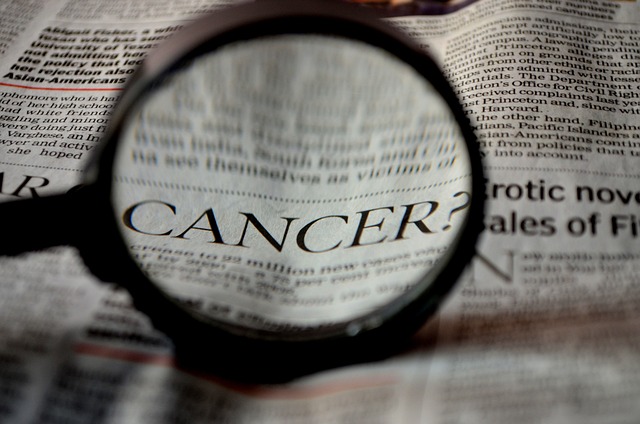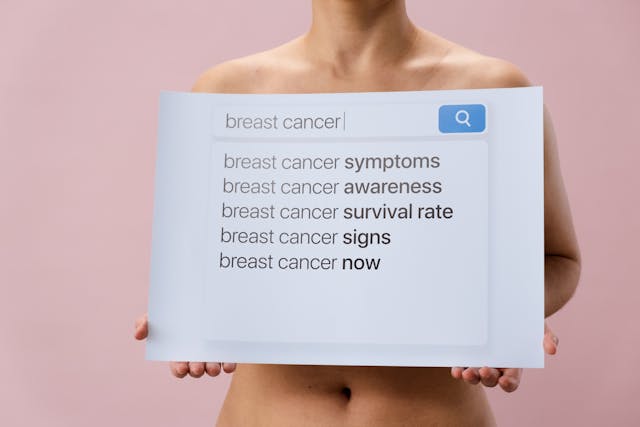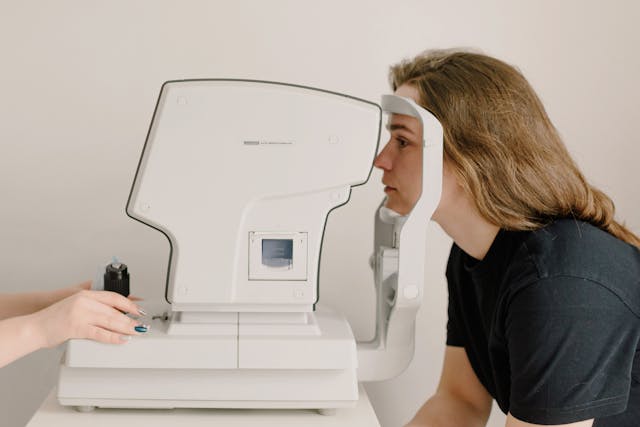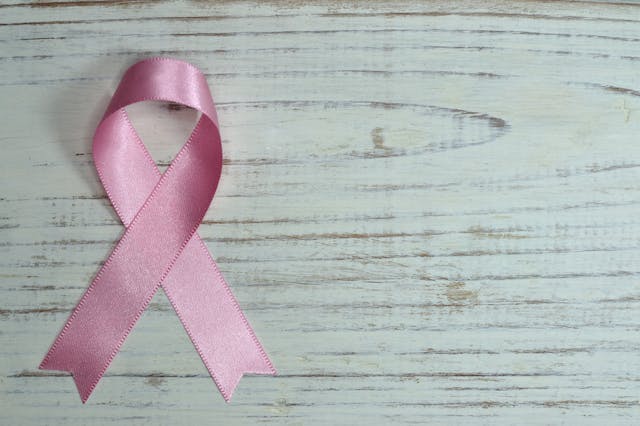Thousands of women will participate in a study to see if AI could be used for early breast cancer detection. Around 700,000 women in the UK will take part in the AI breast cancer trial, according to the DHSC. Thirty testing sites will be involved in the study, each fitted with groundbreaking AI digital screening technology. Any woman who has already booked a routine breast cancer screening with NHS will be invited to participate in the study.
The AI Breast Cancer Study

The AI system will work together with radiologists to analyze changes in breast tissue that may indicate the early development of cancer. It will then subsequently refer them for further examination if necessary. If this technology works, it could potentially free up hundreds of specialist practitioners and reduce waiting list times. This new AI breast cancer system is called EDITH (Early Detection using Information Technology in Health). The NIHR has so far provided the study with £11 million in government funding. It’s just one aspect of the current effort to change cancer care in the UK. There, scientists are currently focusing on the exciting potential of using innovative technologies to address one of the nation’s leading killers.
The Importance of AI Breast Cancer Research

The most common type of cancer in women is breast cancer. According to WHO, 2.3 million women were diagnosed with breast cancer in 2022 alone, and there were 670,000 deaths worldwide. At the moment, the National Health Service screens around 2.1 million women for breast cancer every year. This has helped prevent around 1,300 deaths annually – a number that would rise significantly if women were diagnosed earlier. An independent investigation of the NHS revealed that survival rates in the UK were worse than in several similar nations regarding certain cancers.
Read More: Woman with Stage 4 Cancer Shares 3 Overlooked Symptoms She Ignored
Already Showing Promise

This is not the first time that AI technology is being explored for cancer diagnosis. In fact, it has outperformed doctors in accurate diagnosis on many occasions. For example, a system called MIA was employed to analyze over 10,000 mammograms in an NHS study. MIA managed to flag every case and even identified 11 cancers missed by the doctors. According to the president of the Royal College of Radiologists, Dr. Katherin Halliday, “These results are encouraging and help to highlight the exciting potential AI presents for diagnostics.” She went on to say that there is no doubt that clinical radiologists are indispensable. However, she feels that a clinical radiologist who uses the insights provided by proven AI technologies will become an enormous asset in cancer patient care. Another Norwegian study found that breast cancer risk could be predicted up to six years before a diagnosis using AI screening technologies.
Other AI Medical Applications

AI assists doctors in a number of medical fields, in addition to cancer detection. It can help detect diabetic eye disease in its early stages thus preventing blindness. In general, AI enables doctors to make better decisions and detect illnesses quickly. Mental health professionals employ AI chatbots to help clients deal with their feelings of depression and anxiety. AI also improves scans such as MRIs and CTs, increasing the accuracy of disease identification. These advances demonstrate how artificial intelligence is transforming healthcare and improving outcomes for patients.
The Bottom Line on AI Breast Cancer Detection

Many people think of AI as something that just rewords other people’s ideas and creates funny images. However, AI has been effectively employed in a range of different applications, from military to medical. AI breast cancer technology can potentially revolutionize the way we currently detect and treat this disease. The future of medicine is constantly evolving and AI is playing an important role in shaping it.
Read More: Woman Duped into Wiring $850,000 to Fake Brad Pitt for Cancer Treatment

